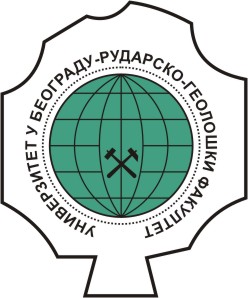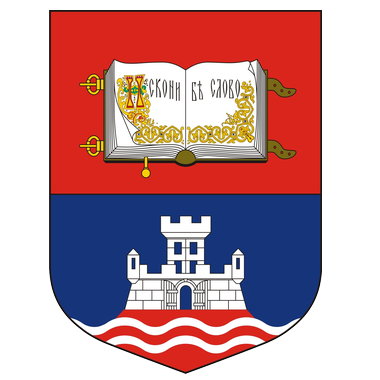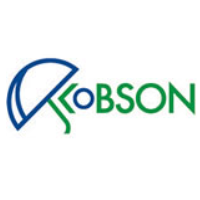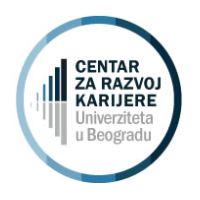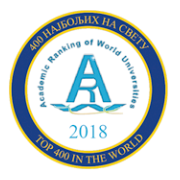Study program:
Geology (III semester -PhD) |
|
Name of subject: Geochemistry of Sedimentary Rocks |
Instructors:
Prof. Dejan Prelević |
|
Status: Optional |
|
ECTS: 10 |
|
Prerequisites: No |
Course Objectives:
Upgrade knowledge and skills in the field of sedimentology. Routing to study geochemical study of specialized disciplines necessary for future scientific research and the writing a dissertation. Specialist discipline may be selected in agreement with the teacher and mentor doctorant in order to obtain a more complete knowledge in the fields related to the interpretation of the process of geochemical important for the formation and evolution of a sedimentary formation. |
Learning Outcomes:
Depending on the educational profile (areas of interest), students will learn how to be on the basis of geochemical and isotopic composition of sediments and sedimentary rocks explain the origin, age and formation processes starting from surface weathering and transport materials to its deposit and diagenesis, and the ways in which this interpretation can be used to explain the geochemical evolution of the basin and climatic changes. |
Content:
Theory teaching
Introduction. Geochemistry of carbonate sediments. Geochemistry of clastic sediments. Geochemistry of organic matter and sediments. Processes: a biogenic and autigeni processes; biogenic flux, authigenic flux, carbon cycle and climatic factor. Conceptual models: detrital principles of - identifying the source (decomposition / primary face), geochemical transport, geochemical environment, changes in the ratio of elements in the course of sedimentation, isotopes; Biogenic principles - identification of sources of organic matter, isotopes carbon, markers; Authigenic principles - behavior of trace elements in different redox conditions, dependence relations CS, isotopes of sulfur, the distribution of Fe in marine sediments; Contemporary anoxygen environment. Practical teaching
Examples interpretation of ancient and modern sediments: Geochemistry of clastic, chemical and organic sediments. Geochemical analysis of sedimentary basins. Application of geochemical principles and techniques in the analysis of solving the problem of the genesis of different types of sediments and sedimentary rocks. All students to do two seminars in the field of interests and concise PowerPoint presentation that will be followed by discussion. |
Suggested Reading List:
- Sageman, B. B. 2004. Geochemistry of Fine-grained Sediments and Sedimentary rocks, In: Sediments, Diagenesis, and Sedimentary rocks (eds: MacKenzie, F.), Treatise on Geochemistry, vol.7, Elsvier Publication, New York, 115-158
- Miller, J. 1988: Cathodoluminiscence microscopy. In: M.Tucker ed.: Techniques in sedimnetology, Blackwell.
- David J. Burdige, 2006. Geochemistry of Marine Sediments, Princeton University Press, 630 pp
- J.W. Morse, F.T. Mackenzie: 1990. Geochemistry of Sedimentary Carbonates.Elsevier, 707 pp
- G.Faure (1986): Principles of isotope geology. John Wiley & sons
|
Conduct of the Course:
Lectures in the form of PowerPoint presentations. Examples geochemical interpretations of ancient and modern sediments: clastic, chemical and organic. Methods of geochemical analysis of sedimentary basins. Application of geochemical principles and techniques in the analysis of solving the problem of the genesis of different types of sediments and sedimentary rocks. All students to do two seminars in the field of interests and concise PowerPoint presentation that will be followed by discussion. |
Fund hours:
| Lectures |
Exercises |
Other forms of teaching |
Study research |
| 4 |
0 |
0 |
0 |
|
Assessment:
| Final Exam |
ECTS |
| Oral Exam | 40 |
| Classwork Assessment |
ECTS |
| Class Participationа | 10 | | Practical Classes | 10 | | Seminars | 40 |
|
|
Additional Assessment Criteria: - |
|
|
